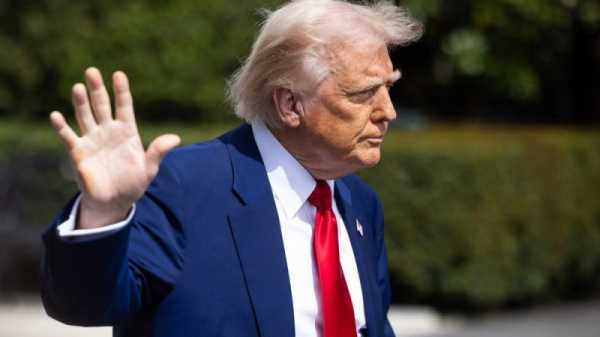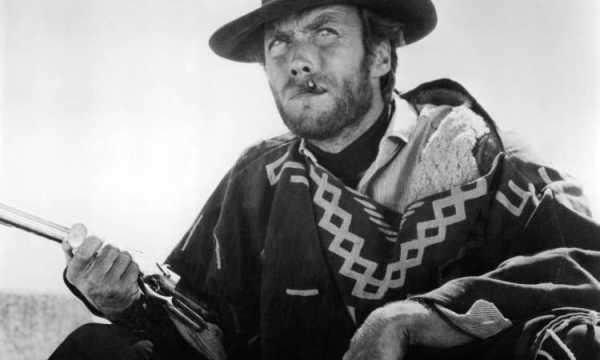
May 25, 2022, 7:54 p.m. ETMay 25, 2022, 7:54 p.m. ET
Michael D. Shear

President Biden remains caught between a desire to honor the dead by vowing to act and the reality that he cannot deliver on sweeping promises without consensus in Congress.
WASHINGTON — Joseph R. Biden Jr. responded to the slaughter of 20 elementary school children by declaring: “The world has changed, and it’s demanding action.”
That was almost 10 years ago.
When 19 more children were killed by a gunman in Uvalde, Texas, on Tuesday, Mr. Biden, now the president, repeated his own call for the government to do something, decrying “another massacre” and insisting that it was “time to turn this pain into action.”
But a decade after Republicans blocked gun safety legislation in response to the school shooting in Newtown, Conn., Mr. Biden remains caught between a desire to honor the dead by vowing to act and the reality that he cannot deliver on sweeping promises without consensus in Congress.
Mr. Biden said on Wednesday that he would visit Uvalde in the coming days, saying that “the idea that an 18-year-old can walk into a store and buy weapons of war designed and marketed to kill is, I think, just wrong.”
But in brief remarks, he did not even repeat his call for Congress to require universal background checks for firearm purchases or to pass a ban on the kind of military-style weapon that the shooter used in Texas, positions he has often taken in the past. He asked only for what he called a “modest” step: voting to approve his nominee to lead the Bureau of Alcohol, Tobacco, Firearms and Explosives.
“The Senate should confirm him without delay, without excuse,” Mr. Biden said as he signed a separate executive order on police reform.
White House officials said the president was under no illusions that the Senate would pass gun safety legislation given continued opposition by Republicans, who argue that restrictions violate Second Amendment rights and would not stop shootings like the one in Texas.
Mr. Biden’s staff said there were real limits on the executive power a president can wield, even in moments of national grief. He cannot ban military-style weapons or raise the age to purchase a rifle; such actions would require passing legislation in Congress.
Instead, aides to Mr. Biden said he remained focused on redefining the terms of the fiercely polarized debate — making the argument less about a “shock and awe” response to the latest mass killing of children and more about a slow but methodical approach to reducing gun-related deaths, including those that happen every day on the streets of the country’s biggest cities.
White House officials point to a steady stream of accomplishments since taking office, including regulating untraceable “ghost guns” that can be made at home, providing $10 billion for community policing, working to reduce firearm suicides among veterans, creating prison re-entry programs to ensure former inmates do not have access to guns and stepping up enforcement of gun trafficking laws.
The president is “doing more through executive action in his first year in office than any president in history,” Michael Gwin, a White House spokesman, said.
Mr. Biden has not announced plans for a splashy new task force to confront mass shootings, nor has he pledged to barnstorm the country pressing for legislation demanded by activists for years. Instead, Mr. Gwin said efforts would continue inside the West Wing, where more than a dozen staff members working for the Domestic Policy Council and others are seeking to churn out more ways to curb the use of guns in violent crimes.
“We’re continuing to look at every tool we have to stop gun violence, with new urgency,” Mr. Gwin said.
But those efforts can appear insignificant in moments of extreme tragedy, like the one that erupted in Texas on Tuesday. Mr. Biden’s modest proposal during his remarks on Wednesday contrasted sharply with the demands for more aggressive action by some lawmakers, activists, family members of victims and others.
“Our job is not to send thoughts and prayers, our job is to pass laws,” Senator Christopher S. Murphy, Democrat of Connecticut, who witnessed Newtown’s pain, told reporters at the Capitol.
For Mr. Biden, the limitations on presidential authority — and the disappointment with legislative roadblocks — go back decades.
ImagePresident Barack Obama and Mr. Biden, then the vice president, after gun control legislation was defeated in the Senate in 2013. Credit…Doug Mills/The New York Times
As a senator, he helped pass a ban on assault weapons in 1994, only to see it expire a decade later when Congress refused to renew it. As vice president in 2013, he led the effort to win bipartisan support for universal background checks, but that effort, too, failed in the face of opposition from Republicans and a handful of Democrats in the Senate.
People who worked with Mr. Biden on that effort a decade ago said on Wednesday that he learned some lessons from the experience.
“He is in an incredibly difficult conundrum,” said Matt Bennett, a co-founder of Third Way, a Democratic think tank, who worked with Mr. Biden’s team in the aftermath of the Newtown shooting. “He is the leader of the majority party in Congress and yet he can’t get them to do some of the very things that he views as enormously important.”
Mr. Bennett said Mr. Biden learned the value of executive actions after Newtown, when he was asked to come up with a list of steps that President Barack Obama could take in addition to the push for legislation. Mr. Obama announced a series of such actions, but they were overshadowed by the failure of the legislation four months after the shooting.
“They uncovered every rock in the federal registry and they did everything they possibly could by executive order,” Mr. Bennett said. “There is no more to be done. He can’t do anything more with his own authority.”
John Feinblatt, the president of Everytown for Gun Safety, a leading gun control group, disagrees and said he still believed there was more that could be done without Congress. He urged Mr. Biden to change the way gun sellers are defined by the government so that more of them would be required to conduct background checks — without the need for congressional approval.
Mr. Feinblatt conceded that meaningful gun safety legislation was unlikely, saying “we’ve got a 50-50 Senate, which is not a majority in my book.”
But he praised Mr. Biden for taking action on his own. In particular, he said the president’s efforts to regulate ghost guns would prevent scores of gun-related deaths by preventing criminals from having access to the made-at-home weapons.
“Quite frankly, I think the ghost guns is as big a threat as I’ve seen, you know, in all my years working on this,” Mr. Feinblatt said. “He took on an industry and he won, and so I think he gets significant credit for it.”
Chuck Wexler, the executive director of the Police Executive Research Forum, a law enforcement group, recalled being part of a meeting with Mr. Biden and Mr. Obama’s cabinet shortly after the Newtown shooting.
“I think, if you’ve been around in Washington for a while, there’s a sense of despair because you know how important this issue is, but it’s this herculean effort to get consensus,” Mr. Wexler recalled. “And I think that’s the sense I felt in the room.”
Mr. Wexler, who was at the White House on Wednesday for the signing of the police reform order, said he thought Mr. Biden understood that not much had changed in the political environment over the last decade.
“There’s solutions, you know, that tend to be similar time after time, and there’s this enormous energy right after the event,” Mr. Wexler said. “And it just, over time, disappears, dissipates.”
In the aftermath of the Texas shooting, Mr. Biden took to Twitter to call for “action” and to pose a series of questions: “Why are we willing to live with this carnage? Where in God’s name is our backbone to have the courage to stand up to the gun lobby?”
“What in God’s name do you need an assault weapon for except to kill someone?”
He did not offer any answers.
Source: nytimes.com



